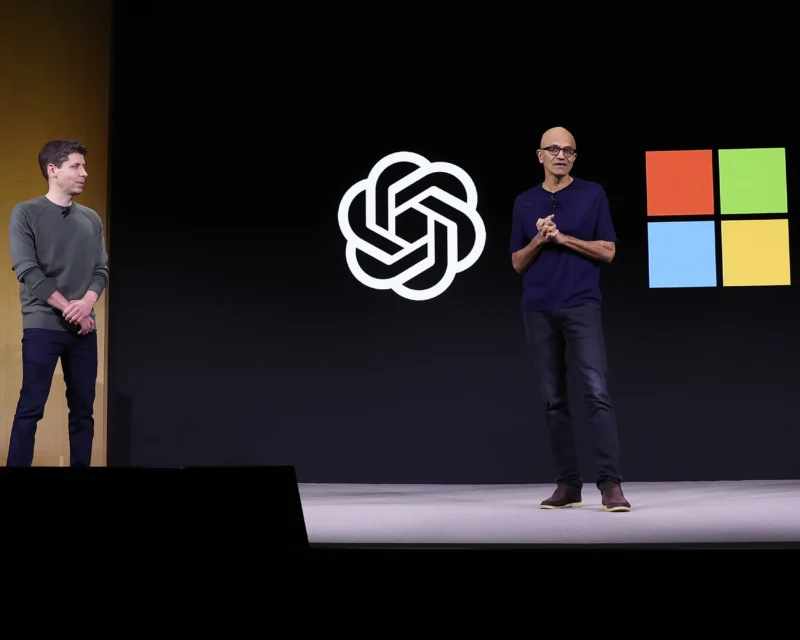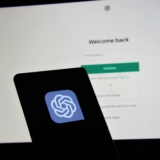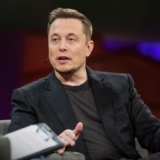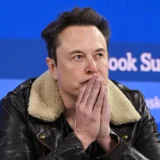Elon Musk Drops Lawsuit Against OpenAI: A Shift in AI Ethics?
In a surprising twist that has left the tech community buzzing, Elon Musk, the mercurial titan of innovation, has decided to withdraw his lawsuit against OpenAI, the very AI firm he once helped nurture. The legal drama, which many anticipated would drag on, has come to an abrupt and unexpected end.
Musk, known for his relentless pursuit of groundbreaking technology and his unpredictable stances, originally launched the lawsuit with grand declarations about safeguarding humanity. His contention? OpenAI had veered off its noble path. The company, he argued, was succumbing to the very capitalist temptations it was supposed to transcend, prioritizing financial gains over the altruistic vision of creating AI for the greater good.
The courtroom spectacle, however, will not proceed as Musk has moved to drop his claims. What changed in the enigmatic billionaire’s mind remains a topic ripe for speculation. Some insiders suggest a strategic pivot; others hint at behind-the-scenes negotiations that might have appeased Musk’s concerns. The truth, as is often the case with Musk, is likely to be complex and layered.
OpenAI, which has been under the stewardship of Sam Altman, now breathes a collective sigh of relief. The lawsuit’s withdrawal removes a looming shadow over its operations, allowing it to focus on its ambitious projects without the distraction of legal entanglements. For a company at the forefront of AI development, the stakes have always been high. Balancing ethical considerations with the demands of innovation and profitability is no small feat.
Musk’s relationship with OpenAI has always been a rollercoaster. As one of its co-founders, he has been both its champion and its critic. His departure from the board in 2018, citing potential conflicts of interest with Tesla’s own AI initiatives, marked the beginning of a more adversarial stance. The lawsuit was a culmination of growing tensions, fueled by Musk’s outspoken worries about the existential risks posed by uncontrolled AI.
By dropping the lawsuit, Musk might be signaling a shift in his approach to influencing the future of AI. Rather than battling it out in court, he may now prefer to exert his influence through other means—be it through his ventures, public discourse, or other strategic engagements within the tech ecosystem.
For now, the withdrawal marks the end of a contentious chapter but leaves open the question of what comes next. Musk’s unpredictability means that the tech world will continue to watch his moves with a mixture of anticipation and trepidation. Meanwhile, OpenAI’s journey toward creating beneficial AI continues, now without the immediate threat of legal battles but with the ever-present challenge of living up to its lofty ideals.
In the end, this episode serves as a potent reminder of the dynamic interplay between innovation, ethics, and the powerful personalities that drive the tech industry. As Musk steps back from the courtroom, the narrative of AI’s future remains as compelling and uncertain as ever.






